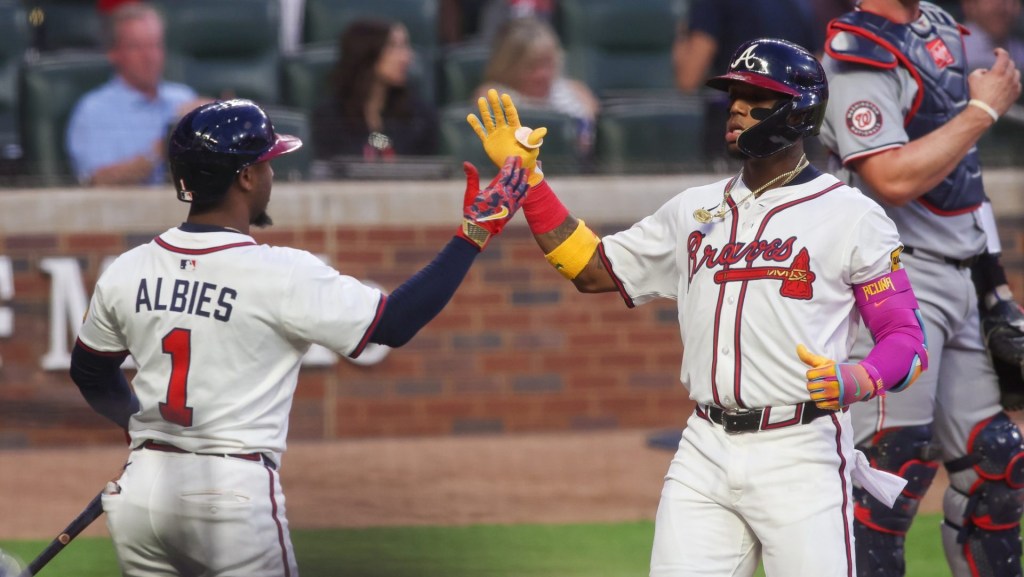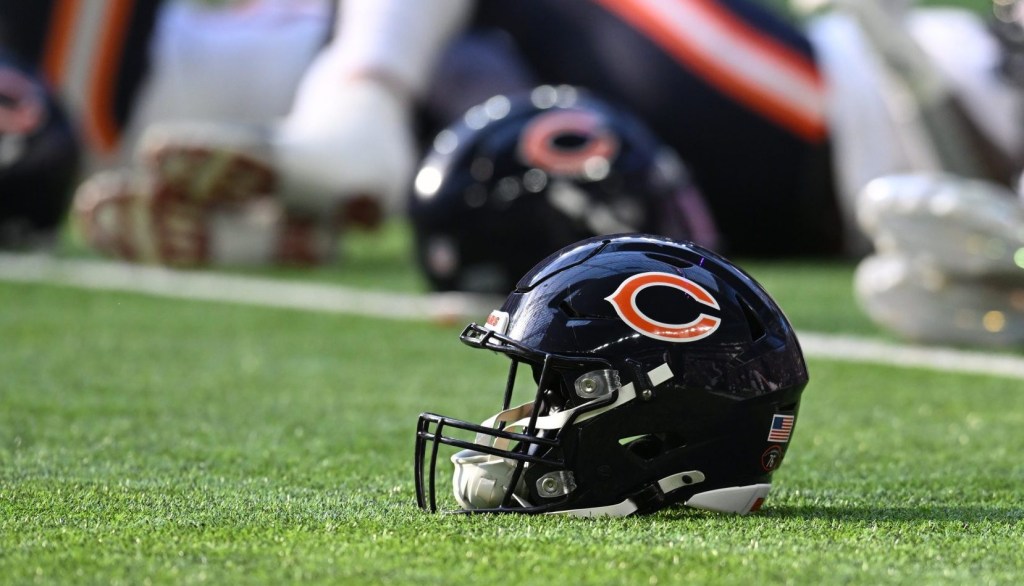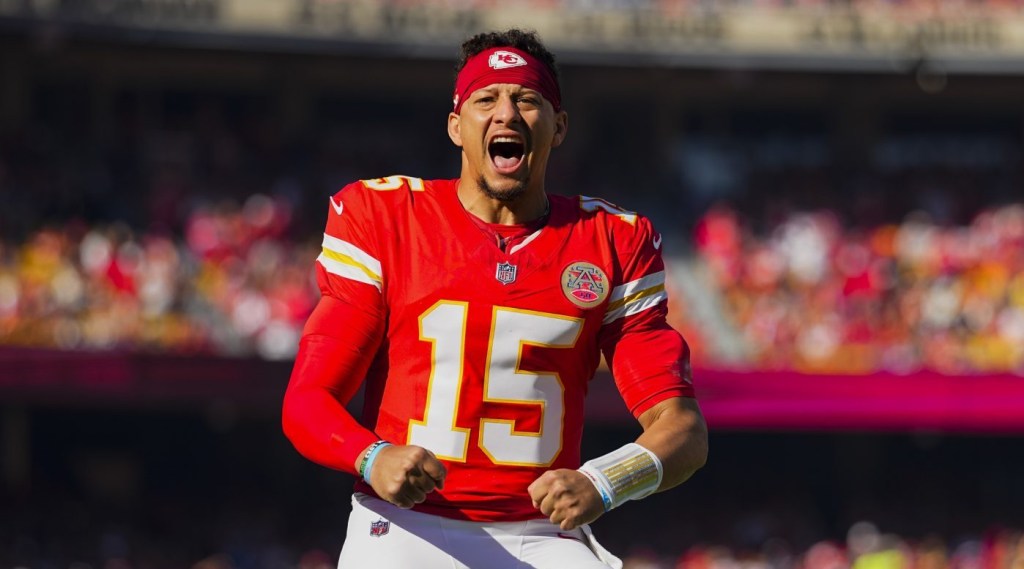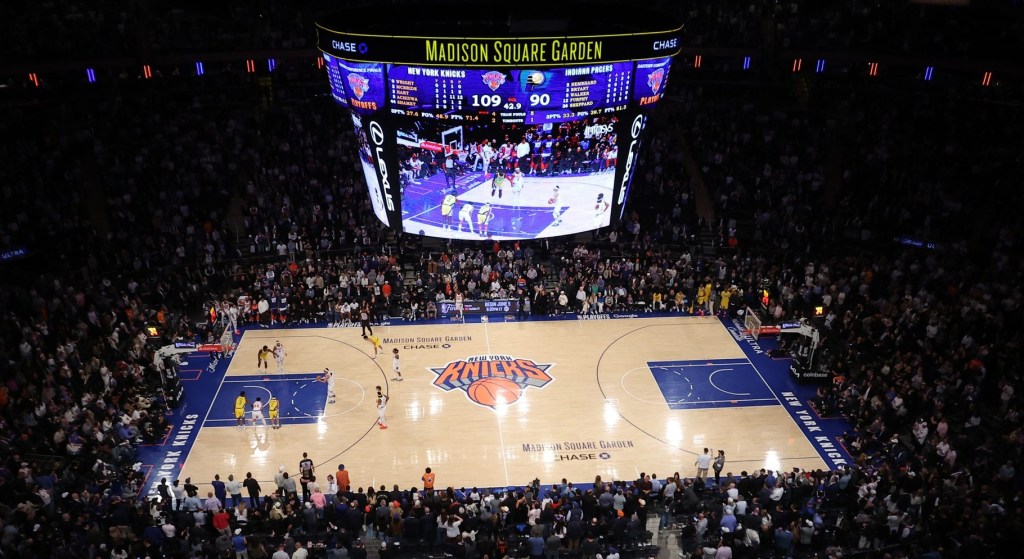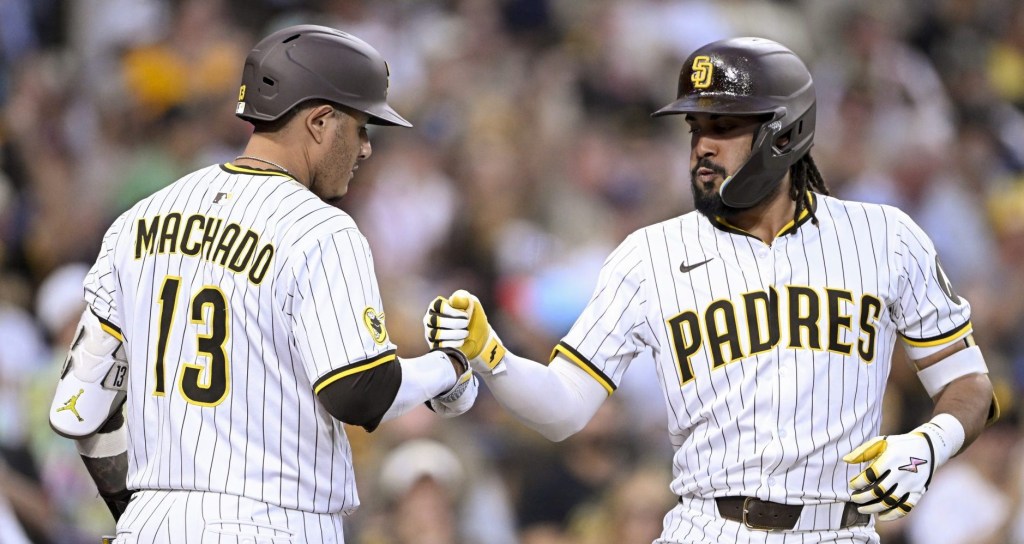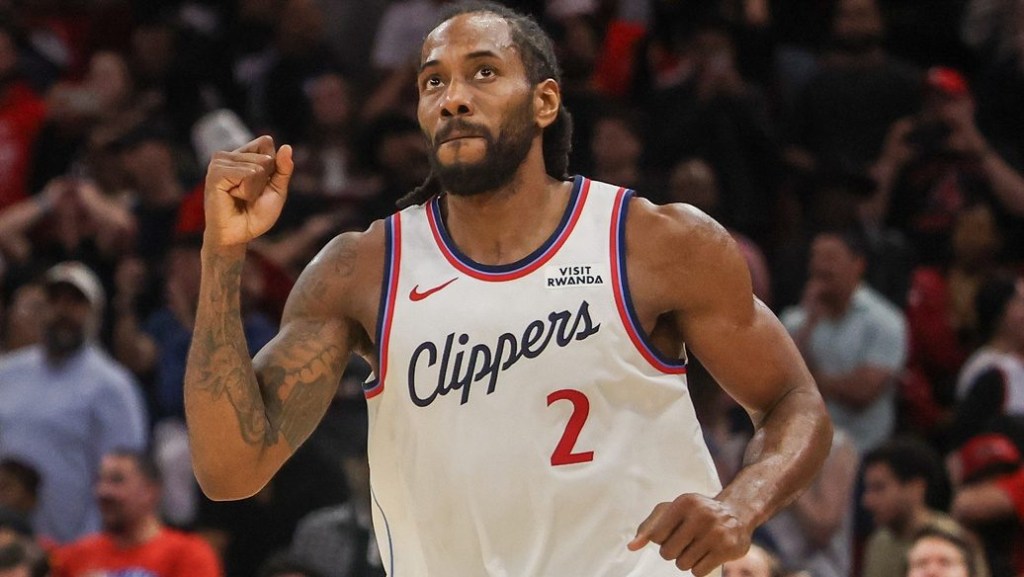WASHINGTON — Though not one of the key teams in the NFL’s still-legal Tush Push, the Commanders are looking to move their proposed $3.8 billion stadium project over the goal line with a sweetened offer to District of Columbia officials.
As team officials, including team president Mark Clouse, testified before the council Wednesday in a five-hour, sometimes contentious hearing, the club detailed in writing an enhanced proposal for the planned project at the site of RFK Stadium.
The new commitments from the team for the stadium and mixed-use development include:
- Accepting financial responsibility for all cost overruns.
- Investing $50 million in community benefits over 30 years, with $20 million of that money focused on developing a youth sports complex that will be located adjacent to the new stadium. Another $10 million is earmarked for basic services in Ward 7, where the venue will be located, including subsidies for grocery stores in an area that has been described as a “food desert.”
- Committing to a plan to build the new facility to top environmental standards. Ecological concerns were among the most frequently cited issues during a marathon hearing Tuesday lasting nearly 14 hours and centered on testimony from the public.
- Developing open spaces in the RFK campus “with diverse uses in mind, including, but not limited to, a skate park, pole vaulting areas, a dog park, public plazas, and traditional parks.”
- Agreeing to discuss potential collaborations with the NWSL’s Washington Spirit, and that “working with the Spirit … may result in a mutually beneficial relationship.” The soccer team currently plays at Audi Field. Magic Johnson is an investor in both the Commanders and Spirit. This element will mean designing the stadium with hosting soccer in mind, particularly for major matches, Clouse said, but no decisions have been made about that team’s long-term home.
- Maintaining the legacy of the late Sen. Robert F. Kennedy, whose name is used for the stadium property in question.
- Pausing planned development of a third parking structure at the site to further evaluate the need for one, while also promoting greater use of public transportation, including potentially with an additional Metrorail station.
“We have approached this process with humility and a spirit of collaboration,” Clouse testified. “Over the last several months, we’ve engaged directly with fans, neighbors, elected and community leaders, and small businesses—and we’ve listened carefully. We’ve had open conversations with District officials, shared information proactively, and worked in good faith to refine our proposal.”
Council Reaction
The team’s enhanced commitments generally drew a positive reaction, even from council members who had previously expressed skepticism over the project.
“I think we’ve made progress with this commitment letter,” from the Commanders, said council member Charles Allen, who has frequently spoken out against the stadium agreement.
Still, the team and D.C. Mayor Muriel Bowser were pressed by the council, and Allen specifically, about the project’s transportation plan and the significant influx of car traffic that is set to arrive—suggesting that more changes in this area are coming. The stadium area has generally not seen large-scale traffic since the Commanders, playing under their former name, left RFK Stadium after the 1996 season, and Major League Soccer’s D.C. United followed suit in 2018.
Many of the individual exchanges, however, also exposed existing political tensions between Bowser and certain council members.
Mayor’s Corner
Bowser testified Wednesday alongside the Commanders, and she stressed the potentially transformative opportunity to remake the long-blighted and neglected RFK Stadium area.
“To borrow a phrase, this is a BFD. Very big,” she said. “The time is now to act and not miss our chance.”
The council is set to take the first of two scheduled votes on the stadium funding Friday, with a second to follow in September. Passage is expected as council chair Phil Mendelson has marshaled additional support after recently restructuring the bill in advance of the Commanders’ latest commitments.
Postgame Pronouncements
After the two long days of hearings, Bowser was emphatic that the votes are there to pass the stadium bill, echoing Mendelson’s confidence.
“We have a great project. We have the right partner. It’s the right time. Everyone’s been heard. And now it’s time to vote,” she said.
A nickname controversy recently resurfaced by U.S. President Donald Trump was scarcely mentioned during the hearings, and Bowser said the District’s focus remains squarely on completing the deal.
“I don’t think we’re spending any energy on that [issue],” Bowser said in response to a Front Office Sports question. “We remain focused on what we can do as a city. … It’s also important to note that everybody’s kind of ready to go and are waiting on the approval.”

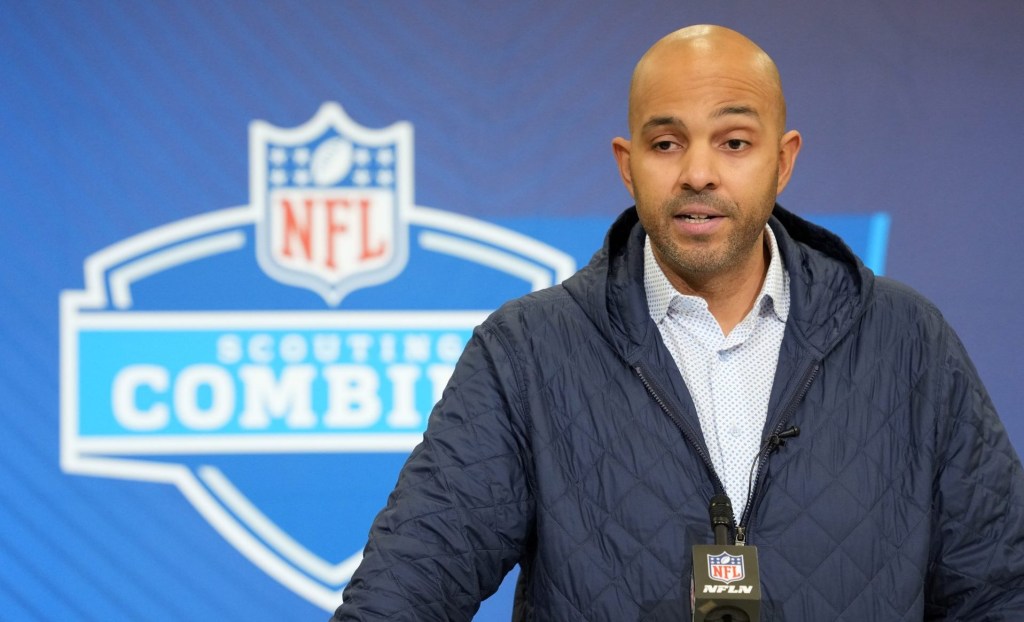
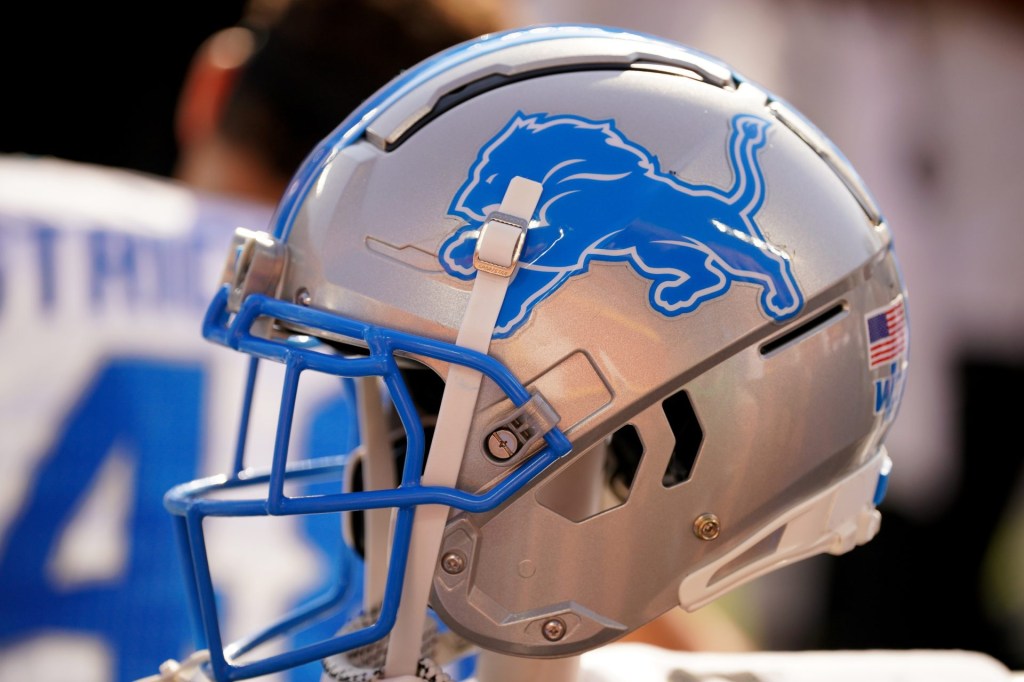
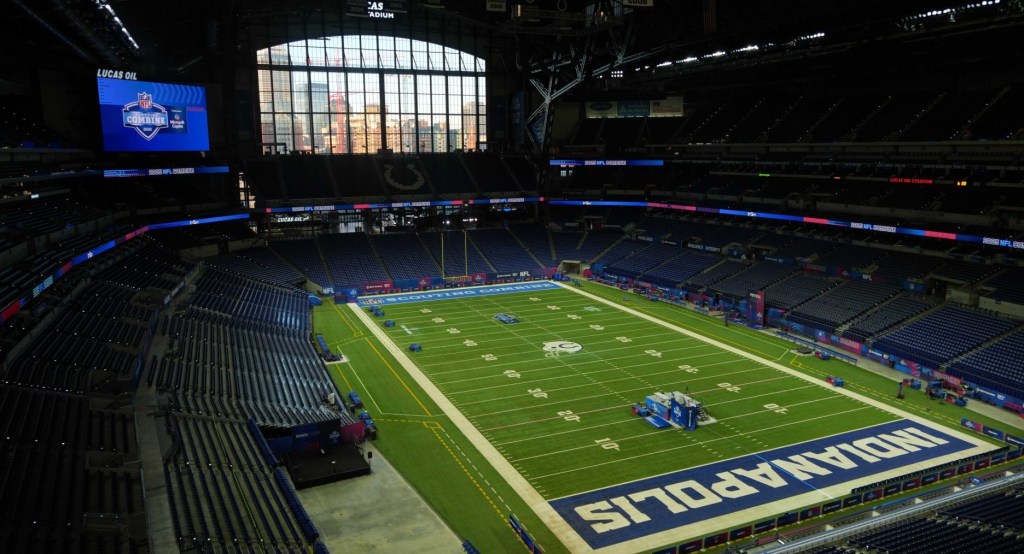
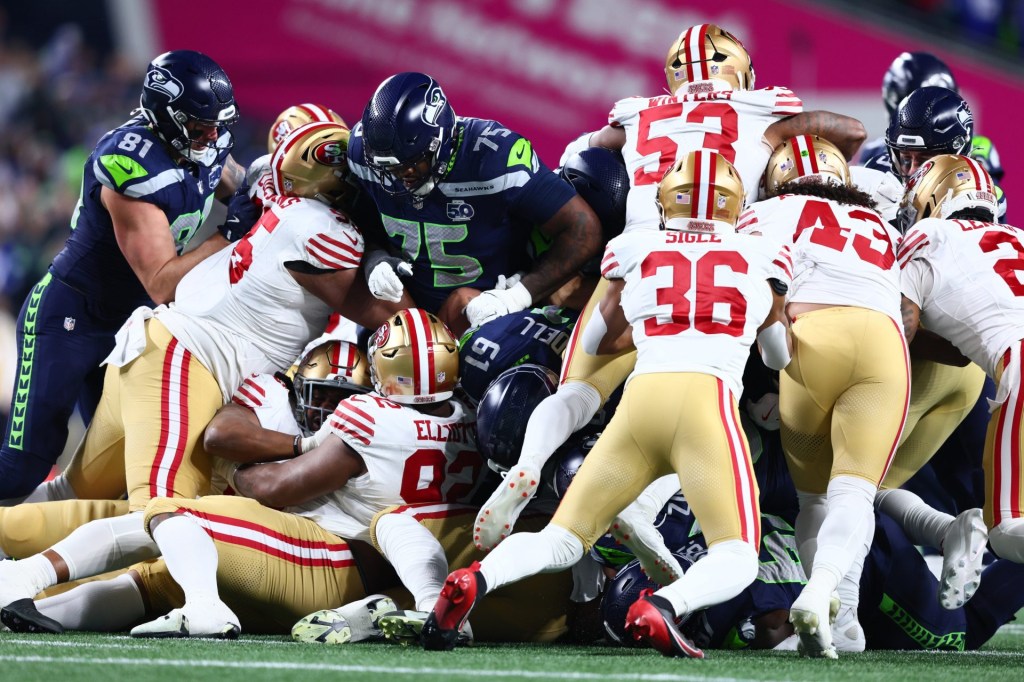
![[Subscription Customers Only] Jul 13, 2025; East Rutherford, New Jersey, USA; Chelsea FC midfielder Cole Palmer (10) celebrates winning the final of the 2025 FIFA Club World Cup at MetLife Stadium](https://frontofficesports.com/wp-content/uploads/2026/02/USATSI_26636703-scaled-e1770932227605.jpg?quality=100&w=1024)



